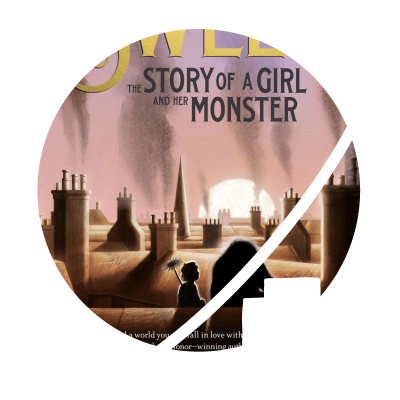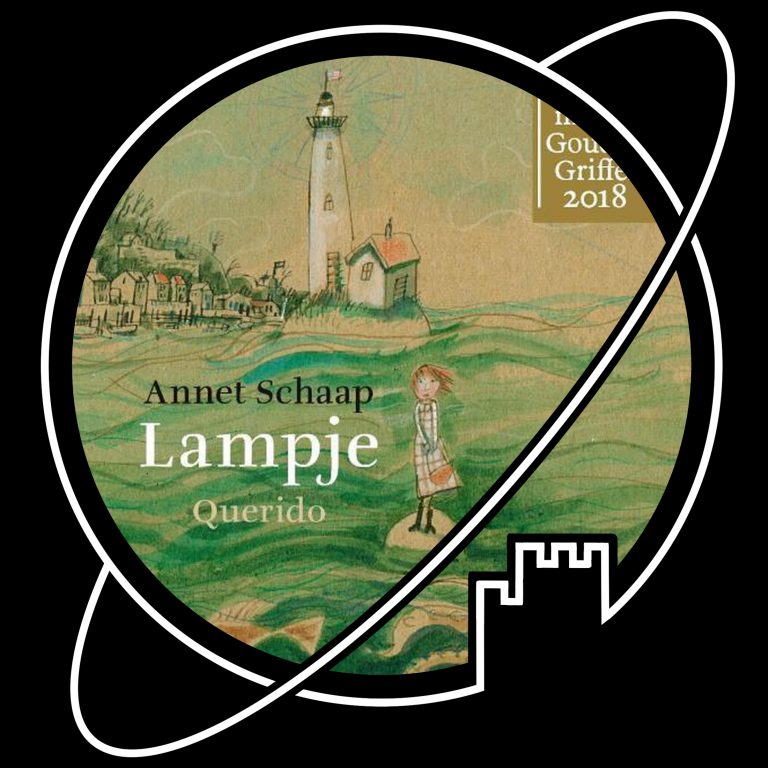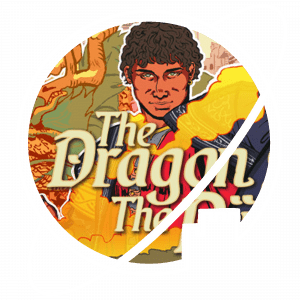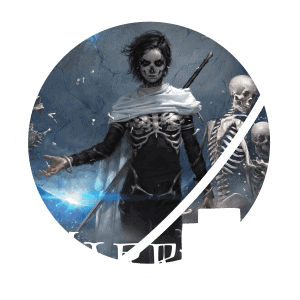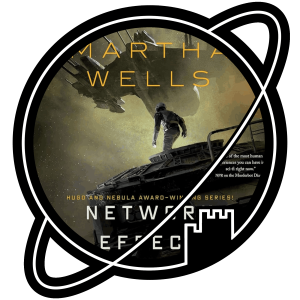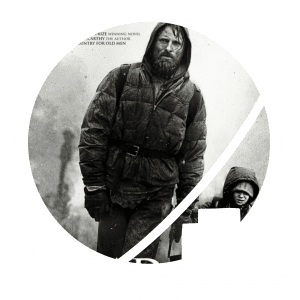- Novel written by Jonathan Auxier
- Published 25 July 2018

It’s been a long while since the last time a book brought me to tears. Sweep let me cry two times in short succession. Not even dignified tears, mind you. I was bawling. Of course, this means I loved it and I think everyone should read this book when they have the chance.
Sweep has very Dickensian vibes. I don’t have a particular fondness for stories set in Victorian London, neither for stories that highlight the really terrible life conditions of poor children in that time period. However, I certainly have a weak spot for stories that know how to take historical elements and reimagine them with the littlest bit of “fantasy magic”. Stories that make me feel raw emotions, but without crushing my sense of wonder and hope.
The author handles his subject matters with care. This became clear to me when the appearance of a golem was quickly followed up by a dive into Jewish folklore and history. The same sensitivity is also applied to the history of chimney sweeps and the inner world of the characters within the story. Sweep is officially written for a middle grade audience, but don’t be fooled by this label. This book has a (emotional) depth that many stories aimed at older audiences can only dream of.
As a writer, I’m in awe with how Jonathan Auxier crafted this story. It’s hard to elaborate while keeping away from spoilers, though. Let’s just say that, from a very early moment, both the reader and the protagonist learn how the story has to end. And yet, when the expected climax arrives, you’re still not ready for it. That’s truly a marvellous feat.
I’ll confess I’m having a hard time with finding the right words to convince you, the reader, to go read Sweep. I’m a little afraid to spoil the magic with technical analyses**.** However, I hope my contemplations above are enough to inspire you. If not, I’ll leave you with some questions that the themes of Sweep touch upon. Some food for thought, so to say… How long do kind acts echo in the lives of other people? Is love worth the pain of grief? And what is the meaning of courage and sacrifice?






